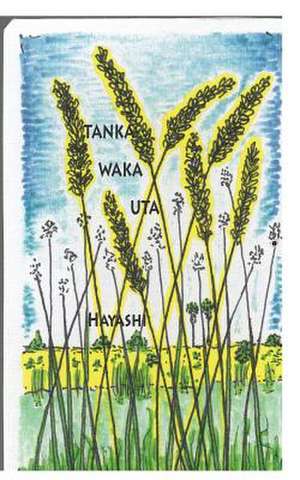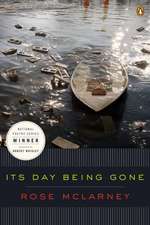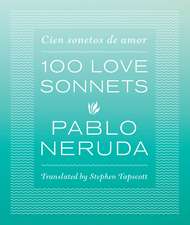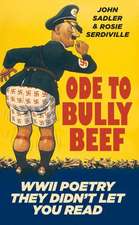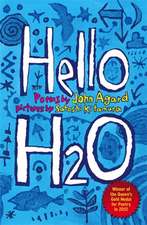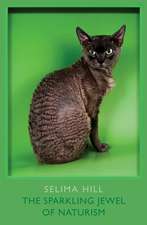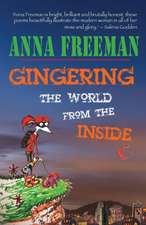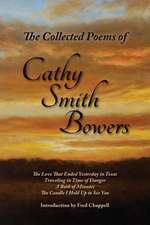Tanka Waka Uta
en Limba Engleză Paperback
Preț: 50.64 lei
Nou
Puncte Express: 76
Preț estimativ în valută:
9.69€ • 10.08$ • 8.00£
9.69€ • 10.08$ • 8.00£
Disponibil
Livrare economică 24 martie-07 aprilie
Preluare comenzi: 021 569.72.76
Specificații
ISBN-13: 9780930012670
ISBN-10: 0930012674
Pagini: 64
Dimensiuni: 127 x 203 x 4 mm
Greutate: 0.08 kg
Editura: Mudborn Press
ISBN-10: 0930012674
Pagini: 64
Dimensiuni: 127 x 203 x 4 mm
Greutate: 0.08 kg
Editura: Mudborn Press
Notă biografică
Dennis Graham Holt (born October 6, 1942) is an American poet, linguist, and translator. Born in Hollywood. Attended the California Institute of Technology, the University of California, Berkeley, and UCLA, in Linguistics (B.A. 1972, M.A. 1973, C.Phil. 1975, and Ph.D. 1986). 1966 to 1969, in the Peace Corps in Bolivia, and later teaching English as a second language. Active in Los Angeles and Santa Cruz poetry groups. Holt published his first book of poetry, Windings, in 1973, then Some Bard's-Eye Views from Santa Cruz, Le Missoulambator, La Fogata Cruceña, The Quincunx, and others. He has lived in northern Jalisco state, Mexico, Los Angeles again, where he married Carleigh M. Hoff. They to Santa Barbara, where Leif Hoff-Holt was born, then to Providence, Rhode Island, East Hartford, and Hamden, Connecticut. After divorce, Holt moved to Missoula, Montana, then back to Santa Cruz County, where he currently resides.
